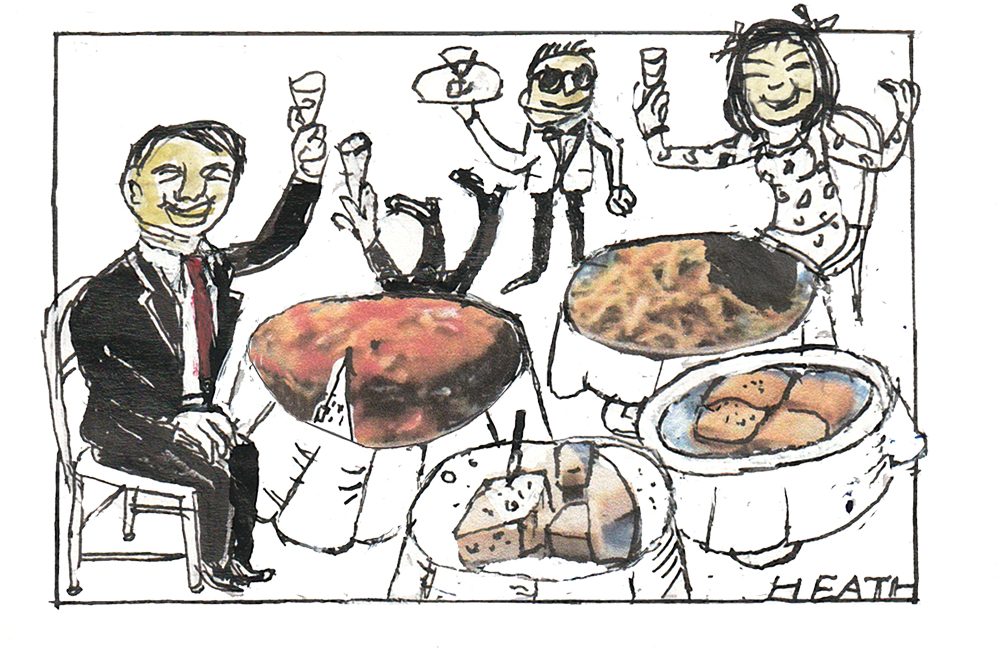“‘I am not screwed,’ replied the Caterpillar, solemnly. ‘Whisky and potass does not agree with everybody; but I am not screwed, not at all.’ So speaking he sat down rather suddenly.”
By screwed he meant “drunk” of course. The Caterpillar is the nickname of a pupil in The Hill (1905) by Horace Annesley Vachell about boys at an English boarding school, more particularly the love between them.
The Caterpillar was drunk on whisky, then sometimes mixed with potassium bicarbonate water. In Doctor Claudius (1883) by F. Marion Crawford, in a scene in Baden-Baden, we hear of an English duke drinking “curaçao and potass water.” Crawford was an American man who settled in Italy. Curiously, potassium carbonate is used in glassmaking and his death was attributed to his inhalation a decade earlier of toxic gases at a glassworks in Colorado.
But far more remarkable to me than that small chime of potassium references is that the word potassium derives from the earthy English word potash. “I discovered sodium a few days after I discovered potassium, in the year 1807,” Humphry Davy noted in 1812. So it is true that, as it says in the first clerihew ever composed by Edmund Clerihew Bentley:
Sir Humphry Davy
Abominated gravy.
He lived in the odium
Of having discovered sodium.
It is not as simple as Sir Humphry Latinizing potash by calling it potassium. The leached remnants of wood or vegetable ashes were called in Germanic languages pot-asschen (Dutch) or pottasche (German). Romance languages borrowed the words as potasse (French) or potasa (Spanish). Davy succeeded in separating the metallic element potassium from the compound.
But the symbol K for the element, short for kalium, derives from the Arabic al-qali (from qala, “to bake”) in use from the Middle Ages for potash, which gives us alkali.
This article was originally published in The Spectator’s November 10, 2025 World edition.


























Leave a Reply